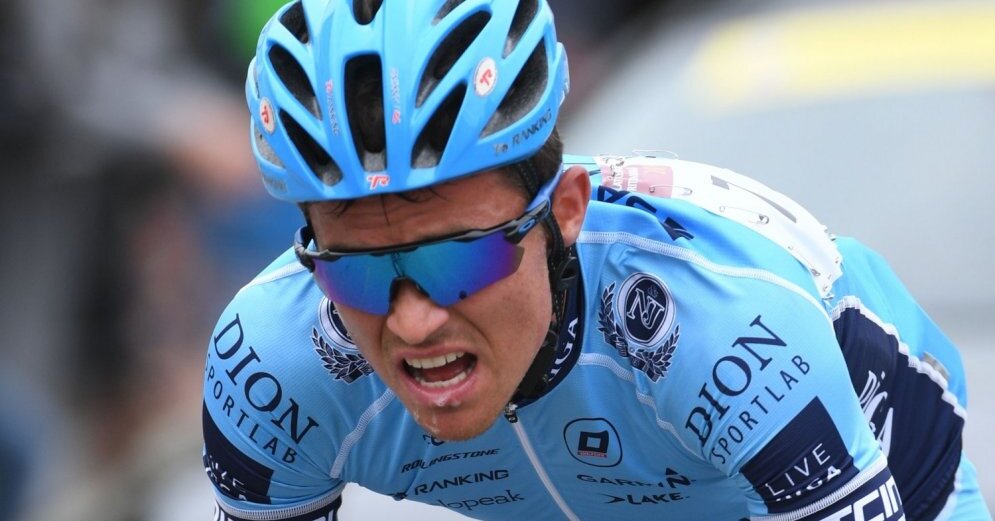Dehydration can not only occur in adults who have a lot of activity. Babies can also experience dehydration or a condition when their bodies lack fluids. The causes vary and not only because your little one is experiencing diarrhea.
Dehydration in babies can be caused by:
• Fever. The reason is, there will be evaporation of excess water from the baby’s skin due to hot temperatures. In addition, your little one will also sweat a lot because his body tries to reduce the hot temperature.
• Diarrhea and vomiting.
• Not drinking enough or not getting enough milk.
• Sweating.
Signs of Dehydration
So what are the signs of a baby who is dehydrated? Basically, dehydration is divided into three, namely mild dehydration, moderate dehydration, and severe dehydration, with the following characteristics:
Mild Dehydration
1. Usually babies start to fuss because they easily feel thirsty.
2. The color of the urine becomes darker than usual.
Moderate Dehydration
1. Baby’s mouth looks dry.
2. The baby does not urinate for more than 6 hours.
3. Babies do not cry when they cry.
4. The baby starts to look weak and lazy to move.
5. The crown is enlarged and looks sunken.
6. The baby’s pulse starts to weaken, with a below normal rate of around 120-140 beats per minute.
Severe Dehydration
1. Your little one will look increasingly sleepy. He will also look always weak as if he doesn’t have the energy to play or just react to stimuli that you give him.
2. The large crown is increasingly concave.
3. The pulse is difficult to feel.
4. Baby’s eyes and mouth look very dry.
5. Your little one rarely pees.
6. Baby’s breath is short.
7. Baby’s skin feels cold and less elastic.
Handling Dehydration in Babies
Dehydration should not be allowed, especially in babies. Lack of fluids can cause health problems for your little one, ranging from seizures, urinary tract infections, to death in severe cases.
Therefore, Moms need to immediately take action when your baby starts showing signs of lack of fluids and is dehydrated, namely:
• If the baby has diarrhea, fever, or excessive sweating, then Moms can give breast milk more often than usual. Electrolyte drinks, such as ORS can also be given to babies over 3 months of age.
• If the baby’s body fluids are reduced due to vomiting, do not immediately give large amounts of fluids at once. Moms can give fluids or breast milk in small amounts but the frequency is more frequent.
• Pain in the baby’s mouth due to dehydration usually makes your little one refuse to drink. This condition can be overcome by giving him drugs, such as paracetamol which also functions to relieve fever. But keep in mind, this drug can be given to babies aged 6 months and over. You should also consult with your doctor first before giving your little one the medicine, Moms.
• Take the baby to the hospital if he seems very weak and starts to lose consciousness or have seizures. (Wieta Rachmatia / SW / Doc. Freepik)
Tags: dehydration, baby, fluid deficiency, fever, seizures –

